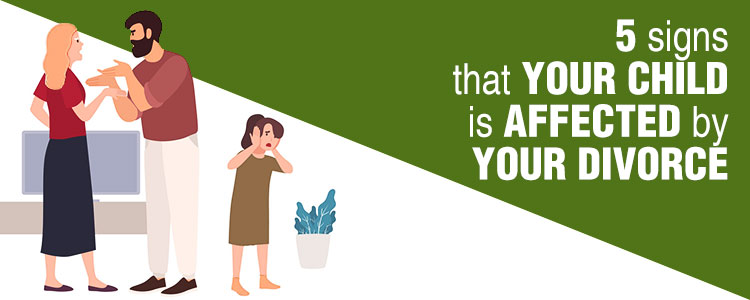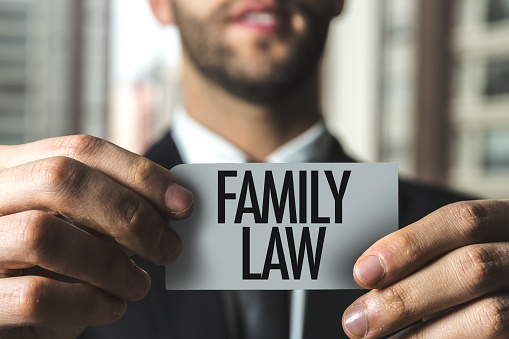
Separation and divorce hurt. There’s no getting around that fact.
Without special care and attention, children can be the unintended victims of separation and divorce. For them, their parent’s separation can open a floodgate of emotions, which, for children of any age can be difficult to process and express.
Many of the parents we speak with of course to want to minimise the impact of their divorce on their children, but do not always know what signs to look for. So how can you identify the signs that your child may be being adversely affected by your separation and divorce?
Although every child is unique, there are some clear signs to look out for:
Your child is feeling sad and cries more than usual
Your child could be sad and cry a lot. It might be more difficult than usual to comfort them. They might cry for no reason or react disproportionately to that which to you seem to be minor issues.
The things they cry over may have nothing to do with the separation and divorce however due to difficulty in understanding and accepting the changes to their family, their ability to deal with other issues may be diminished and they can become easily upset.
Your child gets separation anxiety
You or your former partner might find that your children don’t want to leave your side, or that they want to stay with the other parent and resist going with the other parent.
Separation anxiety for children is common when parents separate. Their anxiety is a result of the significant changes they are experiencing and staying close to one or both parents are their way of managing it.
Your child is overly emotional and gets angry
When parents separate, it may cause the children to feel uncertain, insecure, worried or anxious. The complex emotions they feel and their inability to express their feelings may be ‘acted out’, such as angry verbal or physical outbursts or uncooperative behavior. Helping your children to express those complex emotions can help to release the anger and improve their well-being and anxiety.
Your child is withdrawn and has lost interest in activities
The stress of parents separating can result in children withdrawing into themselves and refusing to engage in activities they have enjoyed in the past. Some children stop hanging out with their friends, preferring to spend all their time in their room, keeping a distance from their family and doing things by themselves.
Decline in school performance
When children are tackling a stressful situation at home, it can directly impact on their performance at school. The stress at home takes so much of their attention and energy and they may have difficulty focusing in class.
At home, they may be anxious and distracted, unable to focus on homework, negatively affecting their academic performance.
The dip in academic performance can result in further anxiety for the child; they feel terrible about falling behind, compounding the situation with another stressful situation. If your child is struggling at school after separation, it is a good idea to inform the school about the situation at home.
Conclusion
Separated parents feel responsible for their child’s suffering. Parents must remain united in their commitment to ensuring that any adverse impact on their children is kept to a minimum, and, if any are identified they are immediately met with an appropriate united response. The conflict between parents will certainly exacerbate the impact on the children, potentially dramatically.
If you detect a dramatic change in your children’s behavior and emotions, and your efforts to support them aren’t helping, please seek urgent help. Early intervention can help both you and your children to get the support required to see you through this difficult time.
Recommended Post: Family Violence and Children at Risk












